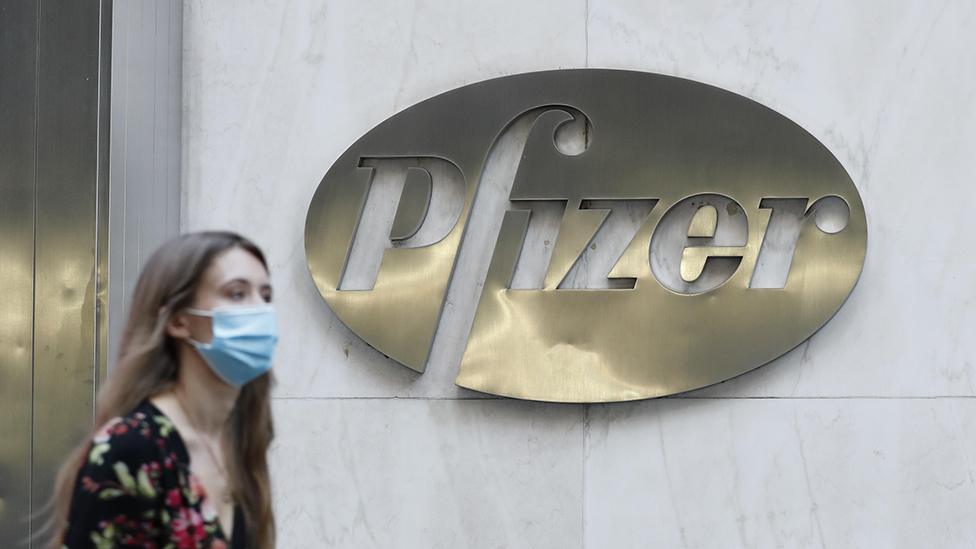Covid-19 vaccine: GPs in NI plan rollout for over 80s
- Published
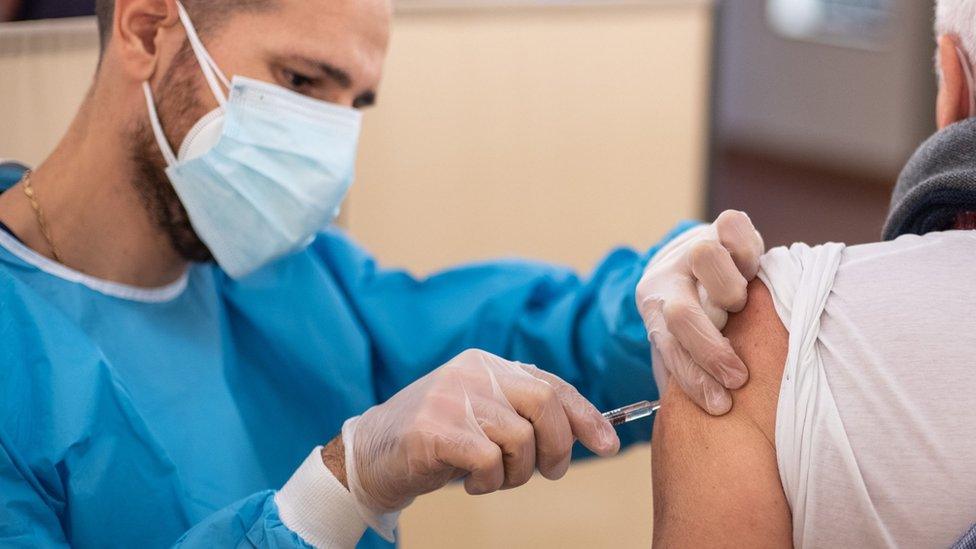
The initiative has been described as a 'major undertaking'
GPs in Northern Ireland are planning to deliver Covid-19 vaccines for people aged over 80 who do not live in care homes from 4 January.
Doctors have been advised to "assume" the GP vaccination programme will begin on that date.
Approval is anticipated for two vaccines in the coming weeks.
Separately on Saturday, the Department of Health reported nine more coronavirus-related deaths and 315 new cases of the virus in Northern Ireland.
It brings the department's overall death toll, which is based on deaths from any cause within 28 days of a positive test - to 983.
In the latest update about Northern Ireland's vaccination programme, GPs have been asked to identify all patients who are 80 or over on 1 January 2021 and do not reside in a care home to prepare for the roll-out.
A letter sent to GP practices said "there is a need to plan for the earliest possible commencement" of the programme.
The letter, first reported in The Irish News, external, was issued by the Health and Social Care Board (HSCB).
It advises that patients receiving the vaccine will require "15 minutes of direct observation" following the injection.
Leisure centres are among venues proposed for the delivery.
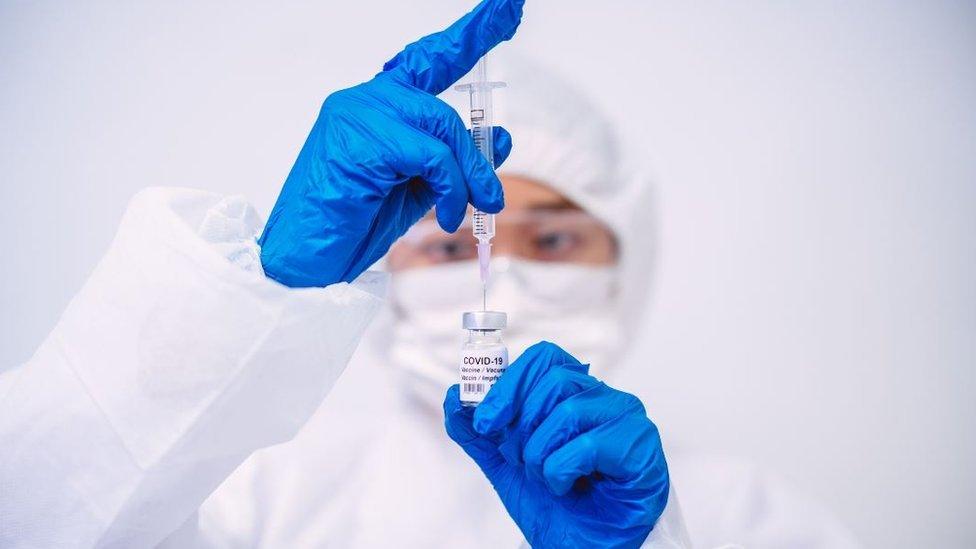
It said GPs will be central to the programme's roll-out, with Northern Ireland "relying" on them along with health trusts to "urgently" begin administering the doses once the drugs are licensed.
The initiative is a "major undertaking" by GP practices to "help bring the pandemic under control" according to the head of general medical services at the HSCB, Dr Margaret O'Brien.
"Whilst clarity is still required on a number of issues, including the date of approval and delivery of the vaccine, the exact storage requirements and priority groups, the situation is developing at pace and there is a need to plan for the earliest possible commencement of the vaccination programme," said Dr O'Brien.
"We do however have enough information to be able to start to plan for a Covid-19 vaccination programme."
Vaccine developers at both Pfizer and AstraZeneca are submitting full data to regulators to apply for emergency approval so that countries can start using these different vaccines to immunise whole populations.
Patients will receive two doses of the vaccine, 28 days apart and it may not possible to administer the vaccine while recipients are in their car, the letter to GPs states.
GPs have been asked to complete their annual flu vaccination programme before the end of December so that their efforts can switch to Covid vaccinations, according to Frances O'Hagan from the British Medical Association (BMA).
Ms O'Hagan, deputy chair of the BMA's Northern Ireland GPs' committee, told BBC News NI it will be an "absolutely mammoth" task.
She said the vaccinations were "new work that we would never have done before, in the middle of our busiest time of year".
"We would have to see the patients for their first vaccine and then see them again in 21 to 28 days - it is quite a narrow window to get people all back again.
"The other problem is that we are being told there is to be a 15-minute wait for each patient after their vaccine - we still have to socially distance them."
Ms O'Hagan said she believed the vaccination programme would have to "go on for quite some time".

On Friday, BBC News NI reported plans were under way to allow NI's vaccination programme to begin in December.
Health and social care frontline workers are expected to be vaccinated in the first phase, followed by residents and staff of care homes and the clinically vulnerable.
Without regulatory approval, plans for vaccine delivery are at this stage are provisional.
The vaccination programme will be on a phased basis, and will run well into 2021, according to the Department of Health.
Plans include a public information campaign to encourage take up among the public.
The JCVI (Joint Committee on Vaccination and Immunisation) group will decide on who should be first in line to receive it, but it has been widely reported that care home residents and health and social care workers will be the first priority groups.
- Published26 November 2020
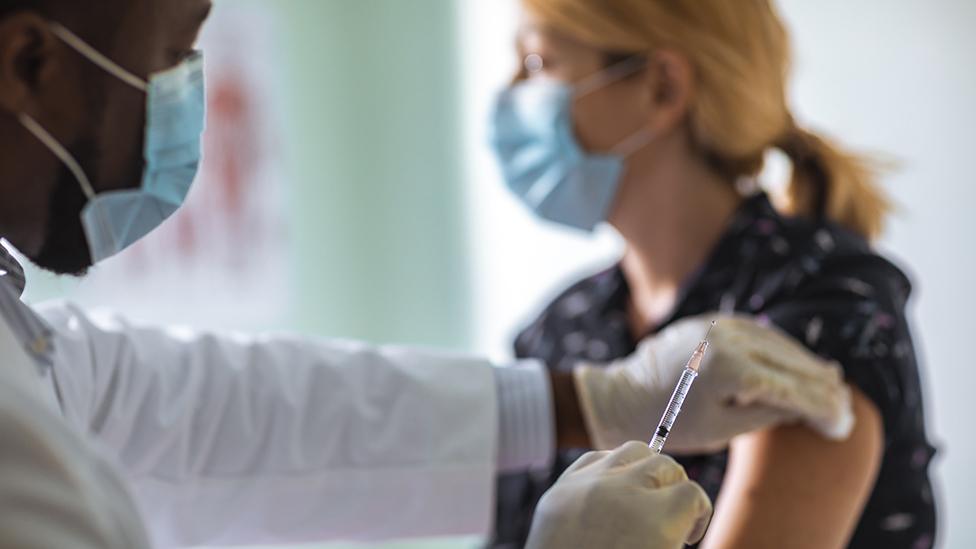
- Published15 February 2022
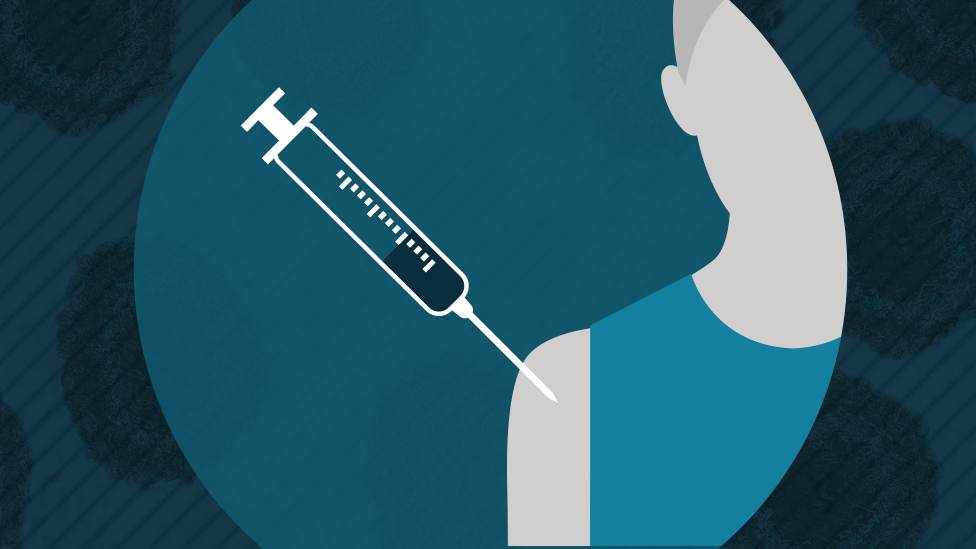
- Published20 January 2021
